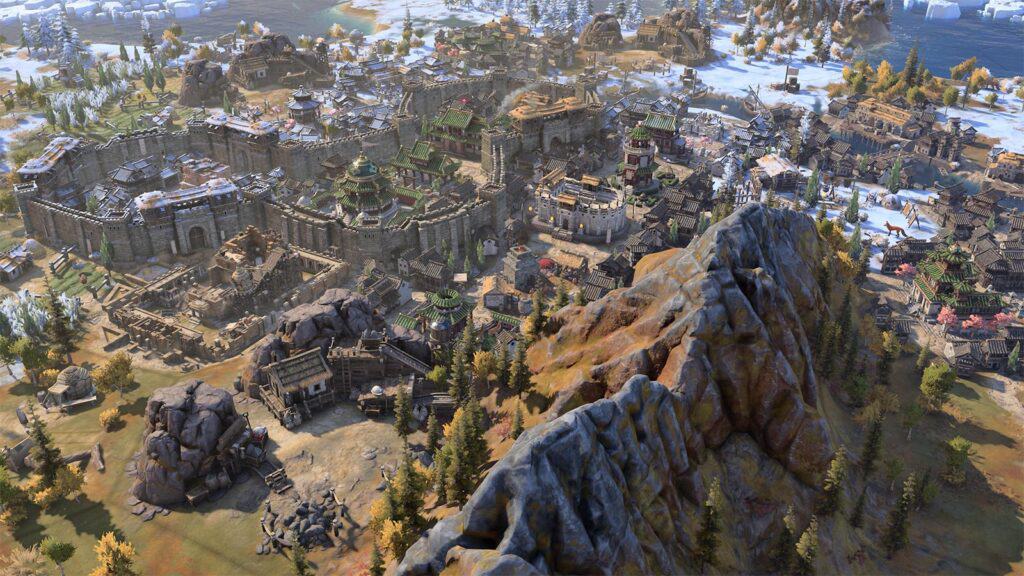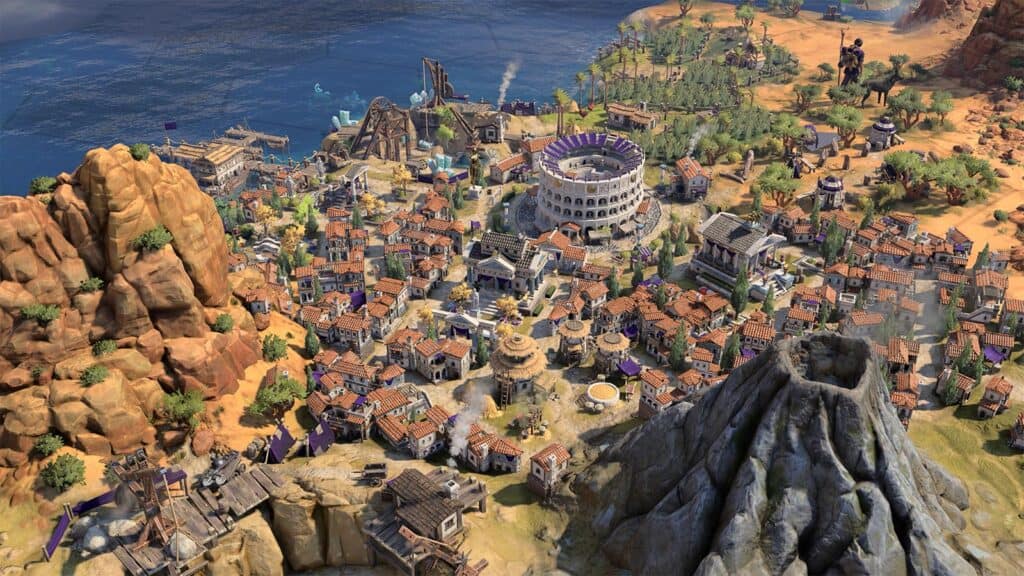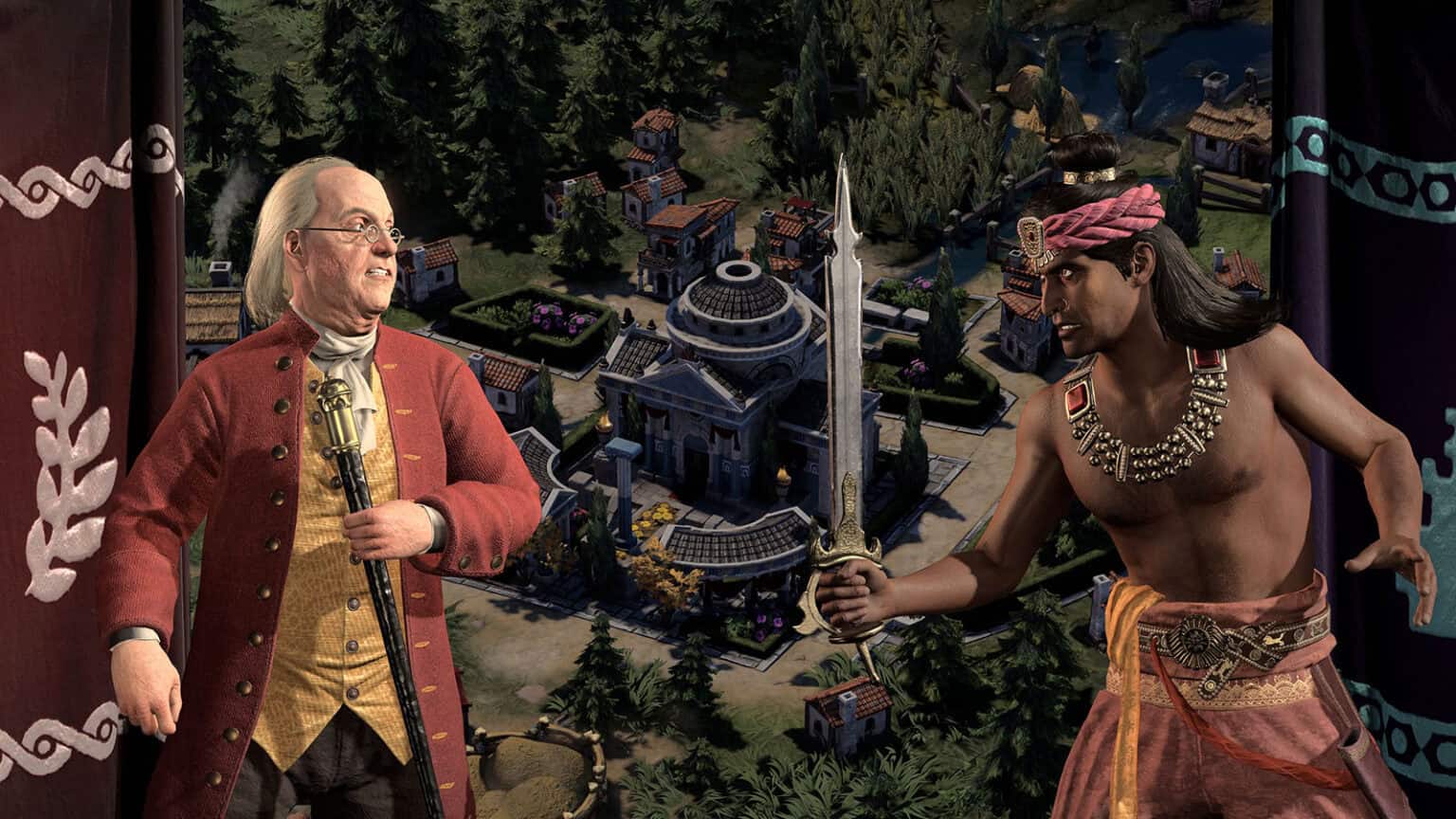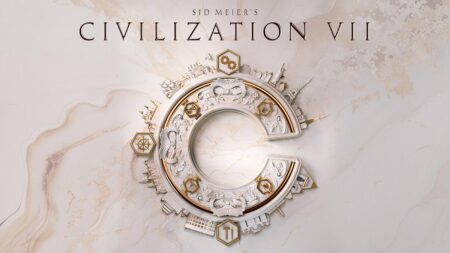The Civilization franchise has been marked as one of the greatest 4X strategy games in the history of video games. Sid Meier didn’t just create a magnificent idea for the world, but he launched an instantly addicting game that left players saying “one more turn.”
I had a chance to talk with Dennis Shirk, the Executive Producer from Firaxis Games during the Civilization 7 Asia Media event in Singapore a week ago. Developing a sequel for Civilization has its own set of challenges as Sid Meier’s sequel development approach has always been the 33/33/33 rule. Meaning, they retain 33% of what the previous installment had while improving 33% of the existing features, and adding 33% of new things that differentiate the next entry of the franchise. Some have criticized Civilization 6 for being too similar to Civilization 5. However, with Civilization 7, the developers have certainly changed a lot of things.

Dennis Shirk, the Executive Producer over at Firaxis Games, shared that the inception of Civilization 7 started during Covid-19. He explained that the team faced challenges due to remote work, finding that they collaborated best in person compared to a Zoom meeting where “creative conversations” just didn’t happen. “We worked best together, face-to-face,” said Shirk.
“ We walk around the building twice every hour. If you’re not in a meeting, we say walkies and we’re just — a guy who loves people is just walking around the building just to get off the desk. There’s always those great creative conversations that are happening during those kind of things.” – Dennis Shirk, Executive Producer at Firaxis Games
Shirk continued that working remotely proved to be the most challenging part during the pre-development of Civilization 7, citing that “creative juices weren’t flowing” and they didn’t have the same level they had before when they were at the office. Ideas pop in and out, conversations happening about how to make Civilization 7 great, and working remotely wasn’t the same for the team working on the game. It was not until quarantine restrictions began to ease and when the Firaxis team got back into office, the creative juices started flowing again.
“ When we were all back, things really started moving well and the idea started percolating and it started coming together. So, this was a more challenging lift than past versions of the game. In past versions of the game, we had already a strong foundation to build on. From Civ 6 to 7, there’s a lot that’s new,” said Shirk.

Sid Meier’s sequel development process mantra 33/33/33 has played a major role in what makes each Civilization entry unique, making the games feel fresh while retaining core mechanics of what made the franchise great. “ That core game move is sacrosanct to us,” Shirk responded. “You’re always going to have that, that initial founder, that settler that you make a city, you’re always going to go into the city and you’re going to make something.”
“You’re going to explore the landscape, you’re going to research text. Those things are always going to be very coercive. But what you put on top of that, is what can change the feel of the game, while keeping the core game loop loyal to what Civilization is and what those 4Xs are.” – Dennis Shirk, Executive Producer at Firaxis Games
Shirk reiterated that the elements of the 33/33/33 mantra should always stay pretty close to one another, so players can still see what they recognized and notice something new. This statement holds true, as I’ve seen a familiar gameplay loop that felt very similar to Civilization 6 during my three-hour hands-on with Civilization 7. Everything felt familiar yet new at the same time, giving the game a fresh take.





